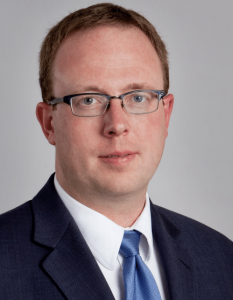COVID and Egalitarian Catholic Women’s Movements
 Mary Anne Case is Arnold I. Shure Professor of Law and a board member of the Center for the Study of Gender and Sexuality at the University of Chicago
Mary Anne Case is Arnold I. Shure Professor of Law and a board member of the Center for the Study of Gender and Sexuality at the University of Chicago
In his March 27, 2020 extraordinary message Urbi et Orbi, Pope Francis insisted that the time of coronavirus was “not the time of [God’s] judgement, but of our judgement: a time to choose what matters and what passes away, a time to separate what is necessary from what is not.” The injunction “to seize this time of trial as a time of choosing” offered by the Pope came at what may have been a providential time for egalitarian Catholic women’s movements. As the pandemic closed church buildings worldwide, and both the women and the priests went home and on line, the effect was to energize and unite the former while isolating the latter. As priests celebrated mass alone, women organized worldwide mixed sex, women-centered participatory Zoom liturgies, and worshipped in house churches and in communities of nuns without benefit of clergy. The choices made during the pandemic may have lasting consequences for both the clergy, who may find it increasingly difficult to overcome their isolation and reconnect with their flock, and the women and their supporters, who seem increasingly disinclined to go back rather than forward.

